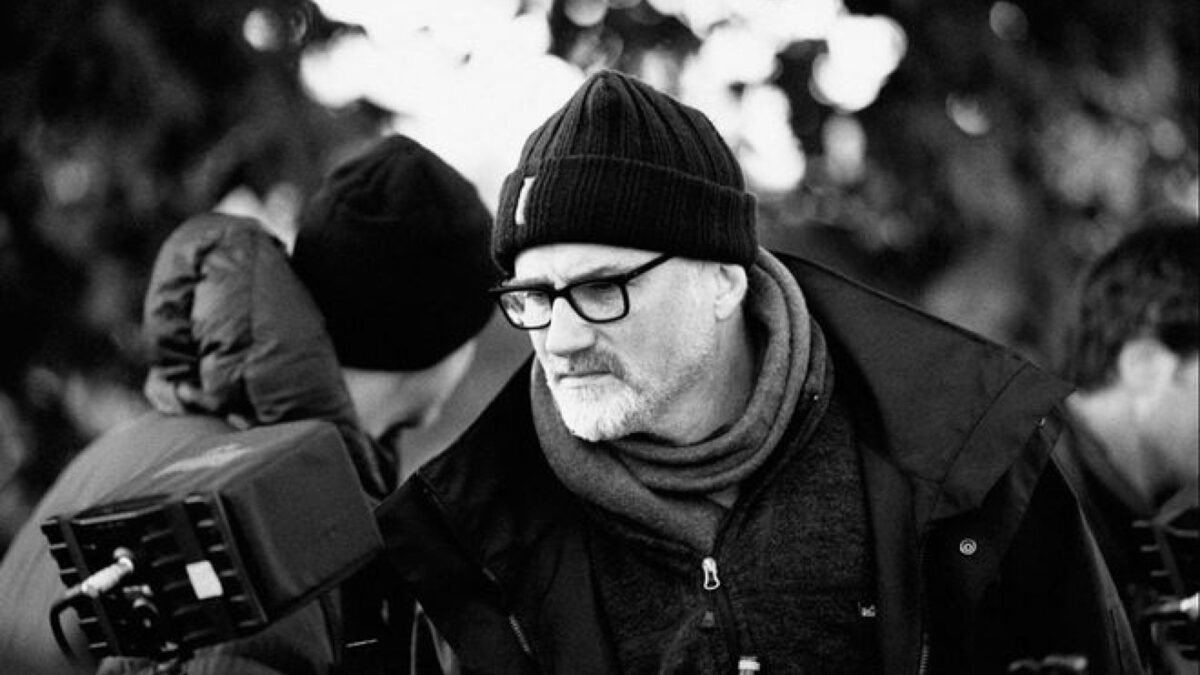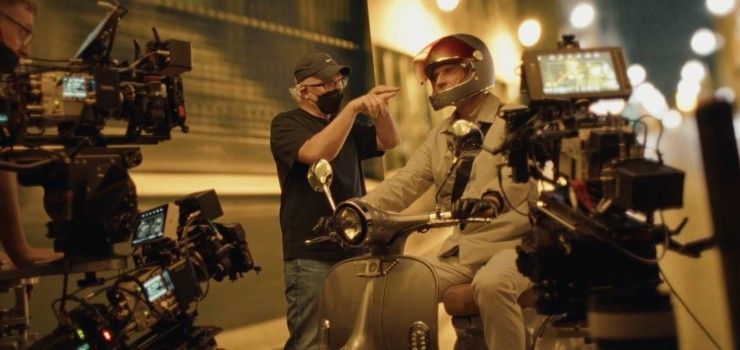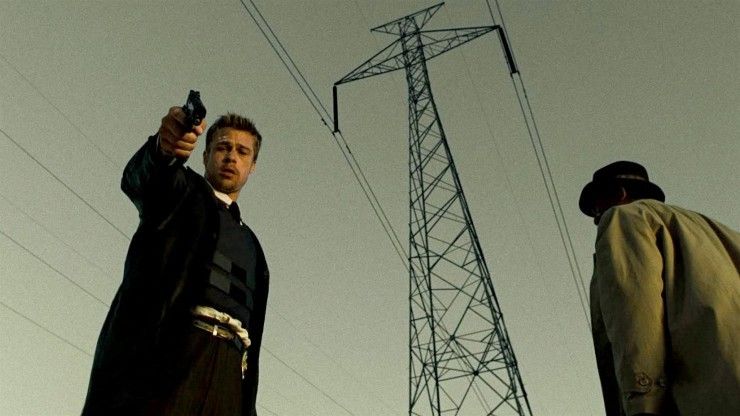
Being a director doesn’t mean that your favorite part of filmmaking is being behind the monitor on set.
We all have our favorite parts of filmmaking, whether it’s creating the shot list for production, working with actors on set, or watching the first cut of the film. There is a part of the filmmaking process that speaks to each of us. This sentiment holds at every level of a person’s filmmaking career.
During the 2023 Tribeca Festival, David Fincher joined Steven Soderbergh in a conversation about his favorite part of the filmmaking process. Surprisingly, shooting the film is not at the top of his list.
“Shooting for me is a lot of indigestion,” Fincher said.
This begs the question: What is Fincher’s favorite part of filmmaking, and why?
“I love rehearsal,” Fincher reveals. “I enjoy talking to people about the intention, going over every single word, and discussing the script’s meaning while listening to people read it. I love the casting process and designing the movie. Sitting with the production designer and the DP, we talk about what we want to convey, where we want people’s attention, and what we need to emphasize.”
“By the time it gets to the shooting… I don’t enjoy shooting,” the director admitted. “I find it to be a necessary evil. I would much rather workshop it and have someone else take over after all those conversations and bring it home. But you have to be there!”
Fincher’s ambivalent relationship with filming became more complicated during the COVID-19 pandemic. The director’s latest project for Netflix, The Killer, was shot with strict COVID-19 safety protocols, making Fincher’s strict and almost perfectionist-like directing process more challenging.
“Movies require you to show people how much you care and the effort you put in. They have to see it in your face and eyes,” Fincher said. “Shooting a movie last year with all the COVID protocols, working through a mask and a visor… I had no idea how much I was conveying through facial expressions and sound effects. It was a completely different experience.”

Currently, Fincher isn’t working on any new films. Instead, he has turned his attention to remastering his classic 1995 crime thriller, Se7en.
“We’re going back and remastering it in 4K from the original negative. We overscan it, oversample it, do all the necessary work. There’s a lot that needs to be fixed because high dynamic range allows us to add things we couldn’t before. Streaming media is very different from 35mm motion picture negative in terms of what it can retain. So there are a lot of blown-out windows that we have to ghost in a bit of cityscape,” Fincher explained.
Fincher emphasized that the remastering process would not involve removing any aspects of the film that may have aged poorly over the years. He stated his firm stance against changing the essence of the film and said, “I’m not gonna take all the guns out of people’s hands and replace them with flashlights.”
Variety believes Fincher is referring to Steven Spielberg’s decision to digitally remove guns from a scene in E.T. the Extra-Terrestrial, replacing them with walkie-talkies for the movie’s 20th-anniversary release. Spielberg admitted that it was a mistake as it altered the original intent and tone of the scene.
Censorship has been a prominent topic lately, with Disney being at the center of controversy for digitally editing shots or changing discriminatory dialogue to make films more acceptable to modern audiences.
However, older works should not be sanitized to make audiences feel comfortable. Cinema is meant to challenge audiences’ perceptions of the world and its inhabitants. Protagonists and antagonists aren’t meant to be squeaky clean. The world is complex, with both ugliness and beauty. Films should reflect this complexity and allow audiences to decide if the film resonates with them.

Fincher is a filmmaker who pushes boundaries and isn’t afraid of being dismissed. He has confidence in the work he creates and moves on to the next project with different intentions for each new story.
So, what can we learn from Fincher’s Tribeca conversation?
Stay true to your creative vision, even if it causes discomfort. If people don’t receive it well initially, it’s okay. What matters is that you and the team behind the film are content and satisfied with the project you’ve created. Tell the story that matters to you and tell it in your way.
Let us know in the comments what your favorite part of the filmmaking process is!”














